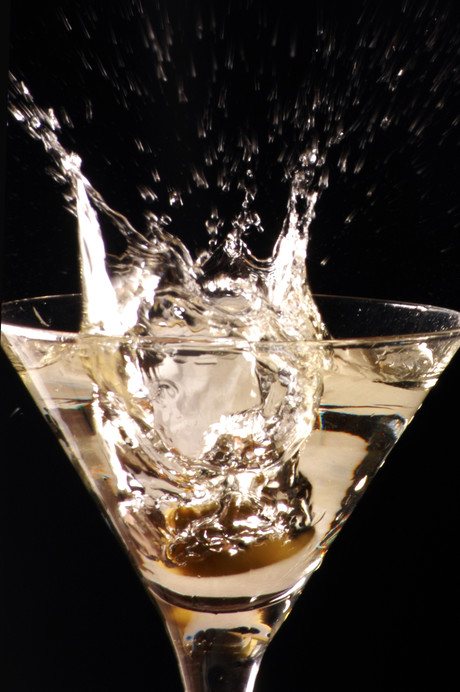Are you drinking too much?

The Christmas period tends to encourage an increase in alcohol consumption, but it can sometimes be difficult to determine how much is too much.
Deakin University has reiterated the health risks of excessive alcohol consumption and advises people to drink in moderation.
“Alcohol is a common way many societies stimulate social interaction, none more so than to break the ice of awkward small talk at work Christmas parties,” said Bosco Rowland, from Deakin’s School of Psychology.
“But when consumed at high levels over long periods, it can undermine physical health and cause cancers and other disease.”
The National Health and Medical Research Council sets Australian drinking guidelines, which contain recommendations to ensure our drinking is ‘low risk’.
Low risk is defined as drinking at a level that reduces the chance an individual will suffer from short-term injury or long-term disease.
“Healthy men and women are advised not to drink more than two standard drinks on any one day. If a person drinks less than that, the probability he or she will suffer from long-term alcohol-related disease (such as cancer) is approximately one in 100. There are approximately 70 cancers causally linked to alcohol consumption,” said Rowland.
“For both men and women, drinking no more than four standard drinks on a single occasion reduces the risk of alcohol-related injury to one in 100. Risk of injury includes physical injury or road accidents due to impaired cognitive performance and diminished reaction times.”
Rowland also recommends that people try to have at least one or two alcohol-free days per week and have a strategy in place to ensure they do not drink at events, or at least cut back on the amount of alcohol they are consuming.
“You may say it is one of your alcohol-free days, you are not drinking today or you are pacing yourself this week,” said Rowland.
“You can also try mixing or diluting drinks with something non-alcoholic, such as a white wine spritzer or a shandy.”
Common signs that somebody is consuming too much alcohol include:
- Waking up with dry eyes — Alcohol has a dehydrating effect, so somebody who regularly wakes up with dry eyes should examine their alcohol intake.
- Needing to get up for the toilet multiple times in the night — Alcohol can act as a diuretic, and those aged under 65 should not need to get up in the night for the bathroom.
- Craving a drink in the afternoon — Self-medicating with alcohol is problematic for people at risk of depression or anxiety, because alcohol is a depressant and can worsen these conditions.
- Broken sleep — Alcohol stops rapid eye movement (REM) sleep, the most active part of sleep, which is very important for helping the brain process mood and memory.
- An upset stomach — Problems with the liver can affect digestion of food.
- Needing to drink more and more alcohol to feel its effects — This is a sign that the drinker’s body has learnt to work harder to break down alcohol quicker. While this may mask the short-term effects, long-term consequences like liver disease will only worsen.
- Yellowing of the whites of the eyes — This is the easiest way to detect jaundice, a key sign of an upset liver.
If you feel some of these signs might apply to you, speak with your healthcare professional.
Fake SafeWork SA Inspector prompts regulator warning
A man who impersonated a SafeWork SA Inspector and subjected two workers to a roadside drug and...
Pfizer/BioNTech vaccine approved for rollout in Australia
The TGA has approved the Pfizer/BioNTech vaccine in Australia, with rollout set to occur in five...
Keeping first responders safe from drug exposure
A new video has been released by the US National Institute for Occupational Safety and Health...








